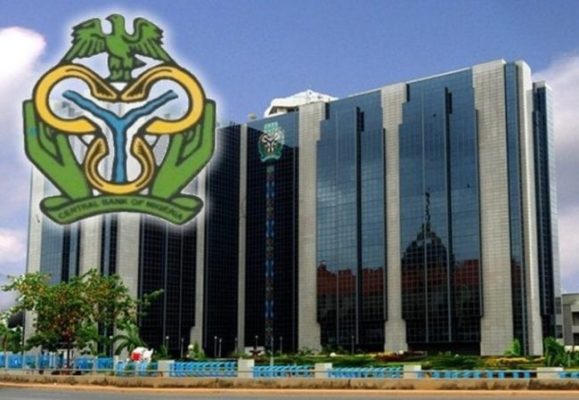Nigeria’s Federal Government spent a staggering N8.94 trillion on debt servicing in the first nine months of 2024, accounting for 47% of total government expenditure during the period. This marks a sharp 56.8% increase compared to the N5.69 trillion spent during the same period in 2023, according to the Central Bank of Nigeria’s (CBN) quarterly statistical bulletin.
Rising debt burden
The report underscores the escalating cost of Nigeria’s debt obligations against a backdrop of widening fiscal deficits. The debt-to-revenue ratio soared to 147% in 2024, a significant rise from 132% in 2023. This means debt servicing consumed nearly one and a half times the government’s retained revenue of N6.08 trillion during the period, signaling an increasing reliance on borrowing to fund both budgetary operations and existing debt obligations.
Expenditure breakdown
Recurrent expenditure also witnessed a steep increase, rising by 45.6% to N15.11 trillion in the first nine months of 2024 compared to N10.38 trillion in the same period of 2023. Key components include:
- Personnel costs: Grew by 20% to N3.59 trillion (2023: N2.99 trillion).
- Overhead costs: Jumped 51.4% to N892.85 billion (2023: N589.63 billion).
- Transfers: More than doubled to N1.31 trillion, an 83.8% rise from N711.36 billion in 2023.
- Pensions and gratuities: Declined slightly to N336.61 billion (2023: N339.66 billion).
Capital expenditure, vital for infrastructure development, grew modestly by 20.8% to N3.86 trillion, up from N3.19 trillion in 2023. However, this growth remains dwarfed by the soaring recurrent spending, highlighting how debt servicing continues to crowd out critical investments.
Expanding fiscal deficit
The fiscal deficit expanded significantly by 39.3%, rising from N9.25 trillion in the first nine months of 2023 to N12.89 trillion in the same period of 2024. This persistent revenue-expenditure gap, exacerbated by escalating debt servicing costs, raises serious concerns about Nigeria’s fiscal sustainability.
Contradicting government claims
During Nigeria’s 64th Independence Day address, President Bola Tinubu asserted that his administration had reduced the debt service-to-revenue ratio from 97% to 68%. However, the latest CBN data contradicts this claim, showing that the ratio has worsened to 147%.
Expert concerns
Tileriwa Adebayo, CEO of The CFG Advisory, called the situation a “red flag,” warning that the projected increase in debt servicing costs from N8 trillion in 2024 to N16 trillion in 2025 could cripple the country’s finances. “The cost of debt servicing far outweighs critical national spending on defence, security, health, education, and infrastructure combined,” Adebayo remarked.
He urged the government to restructure its financial commitments and consider asset sales to ease the mounting debt burden. “Exploring alternative financing options, such as asset sales, is essential to reduce the reliance on borrowing,” he added.
Fiscal sustainability at risk
The rising debt servicing burden, coupled with a growing fiscal deficit and limited fiscal space, raises alarm about the long-term sustainability of Nigeria’s finances. Without significant reforms to curtail borrowing and enhance revenue generation, experts warn that the nation’s economic stability could be at stake.


